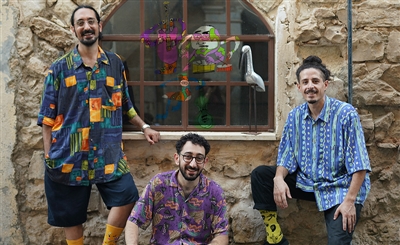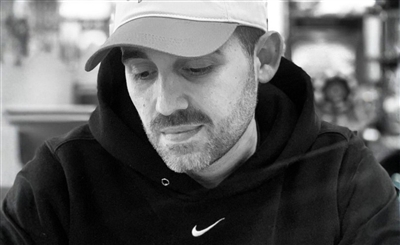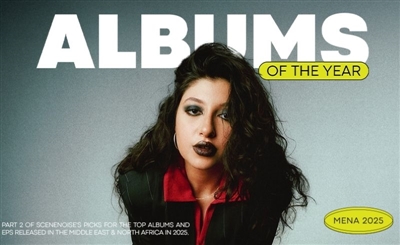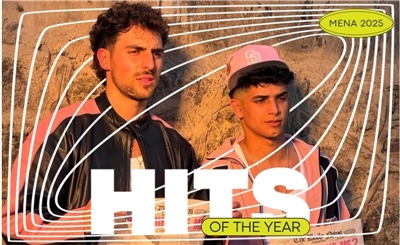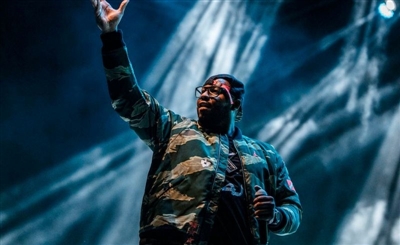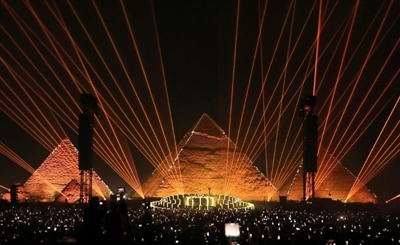Maryam Saleh: The Eclectic Egyptian Artist Challenging the Status Quo
Egyptian artist Maryam Saleh talks about how her friendships with other artists shaped her sound over the last decade.
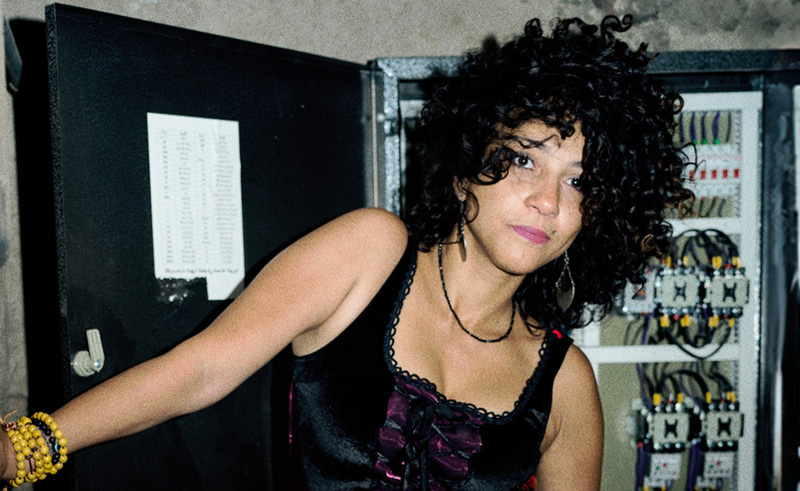
For denizens of Egypt’s indie music scene, Maryam Saleh requires no introduction. For a decade, her distinctive voice has been sharpening the barbs of her ferocious lyrics. Maryam Saleh is the daughter of stage writer, theatre director and critic, Saleh Saad, who was good friends with revolutionary Egyptian artist, Sheikh Imam. This staunch friendship meant that Maryam grew up under the influence of 'sout el share'a'; from Sayed Darwish, Sayed Mekawy and Sheikh Imam to Mawaweel legends Mohamed Rushdi, Mohamed El Ezaby and Adawiya, amongst others.
Saleh rose to prominence in the 2010s for her revolutionary sound and for reimagining Sheikh Imam’s classic works, most notably 'Nixon Baba', 'Halawella' and 'Wahabt Omri Lel Amal'. With unwavering poetic resilience, she challenges prevailing narratives and amplifies marginalised voices, integrating profane and often 'uncouth' words into her own songs to unabashedly express her rage (a direct consequence of growing up idolising poets like Ahmed Fouad Negm and Naguib Surur). This trait is most prominent in her ‘divisive’ songs, 'Watan El Ak' and 'Teskar Tebki'.
Her work with the likes of Maurice Louca, Zeid Hamdan and Tamer Abu Ghazaleh is best described as eclectic, pulling deeply from the classic Egyptian folkloric sound, the one still entrenched in the dust and grime lining the alleys of Al Hussein and Al Darb Al Ahmar. Using jazz, rock, and electronic elements, Saleh experiments with numerous instruments to produce new sounds to give every album a different flavour, her voice serving as the only constant.
Beloved SceneNoise staff writer Youssef Armanios caught up with Maryam Saleh at Lebanese alternative music festival Oakenfest, where the singer-songwriter reminisced about her friendships and collaborations with other artists and how they shaped her sound over the last decade.
Watch the full interview here:
Trending This Month
-
Dec 24, 2025
-
Dec 23, 2025



